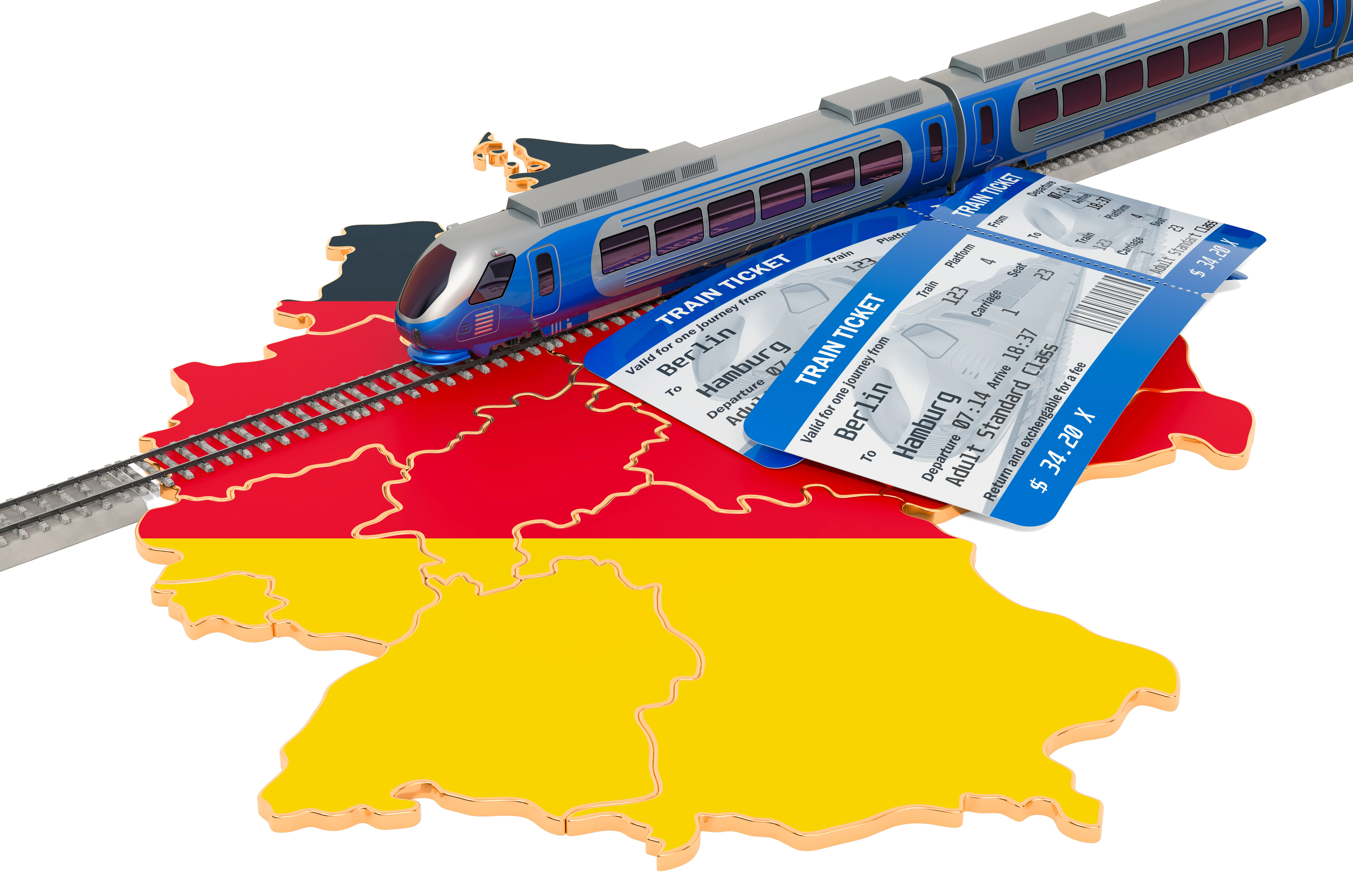
Germany Plans to Curb Refugee Family Reunification and Scrap Fast-Track Citizenship
Germany Approves Tougher Rules on Refugee Family Reunification & Fast-Track Citizenship
The German government has moved forward with a series of legislative changes that will tighten immigration policies, including a temporary suspension of family reunification rights for certain refugees and an end to the fast-track pathway to citizenship.
Two-Year Suspension on Refugee Family Reunification
Under the newly approved measures, migrants holding subsidiary protection status—those not fully recognized as refugees—will temporarily lose the right to bring spouses and children to Germany. This two-year suspension is expected to significantly reduce family reunification visa approvals.
Interior Minister Alexander Dobrindt defended the policy shift, citing severe pressure on Germany’s integration infrastructure. “Municipalities and cities are reaching their limits,” Dobrindt stated, stressing that the current system cannot sustainably meet the demands of increasing migration.
As of 2024, approximately 380,000 individuals in Germany hold subsidiary protection, with Syrian nationals expected to be the most affected by the change. Last year, Germany issued around 120,000 family reunification visas, a figure likely to drop once the legislation passes through the Bundestag.
Despite government support, the decision has sparked criticism from human rights advocates. The refugee rights organization Pro Asyl warned that prolonged family separation could cause psychological harm and may increase irregular migration attempts.
Fast-Track Citizenship Pathway to Be Eliminated
In a related move, the Cabinet has also approved the termination of the fast-track naturalisation route, which previously allowed eligible, well-integrated foreigners to apply for citizenship after three years of residence.
The new legislation will revert the minimum residency requirement for naturalisation back to five years, with exceptions maintained for spouses of German citizens who meet specific marriage duration criteria.
The change comes after a record 200,000 people were naturalised in Germany in 2024—the highest number in 25 years. Officials argue that stricter rules are needed to ensure stronger integration and manage citizenship applications more effectively.
These policy shifts mark a significant recalibration of Germany’s migration and integration strategy ahead of further debates in the Bundestag in the coming months.












